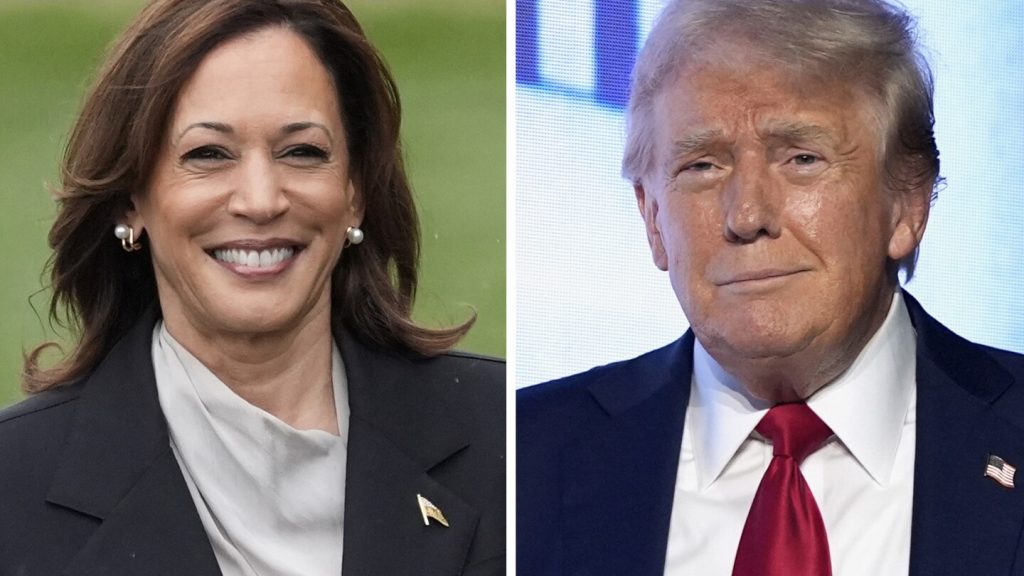In a critical move two days after President Joe Biden signed an executive order on artificial intelligence last year, Vice President Kamala Harris highlighted the importance of quickly establishing protections without hindering innovation in the global AI summit. She emphasized the real-world impacts AI can have on individuals, such as erroneous healthcare plan removal for seniors and deepfake threats to women. As Harris runs for president, her chief opponent, former President Donald Trump, has expressed his desire to repeal Biden’s executive order on AI, along with his running mate, Ohio Sen. JD Vance, who has ties to Silicon Valley figures advocating for limited AI regulation.
Despite AI’s increasing presence in everyday life, it has not yet become a top concern for American voters. However, this presidential election could be the first where candidates present competing visions on how to guide American leadership in the rapidly evolving technology. Trump’s approach includes signaling his intention to repeal Biden’s executive order, with a platform supporting AI development rooted in free speech and human flourishing. Trump’s administration had previously taken steps to prioritize research and development in AI but did not focus heavily on the topic during his time in office.
Harris, on the other hand, has been actively involved in addressing AI risks and benefits. Her interactions with tech leaders and efforts to draft an AI “bill of rights” demonstrate her commitment to safeguarding against AI’s potential harms while promoting innovation. The introduction of ChatGPT during Biden’s presidency prompted Harris to convene tech company heads at the White House and led to the executive order on AI that focuses on national security and fostering commercial adoption. Unlike the EU, the US lacks comprehensive AI regulations, requiring congressional action for implementation.
Trump’s selection of Vance as his running mate added a new dimension to the AI policy debate, with differing views on AI regulation and innovation. Trump’s support from prominent tech leaders, such as Elon Musk and venture capitalists like Marc Andreessen and Ben Horowitz, adds complexity to the discussion. While both campaigns differ in their rhetoric on AI policy, there are similarities in how the Trump and Biden administrations approached the issue. The potential paths for AI policy under a Harris or a second Trump administration remain unclear as voters await more detailed plans on navigating AI’s benefits and pitfalls.
Overall, the 2024 presidential election marks a significant moment where AI policy is being discussed and debated by candidates, reflecting the growing importance of the technology in American society. Regardless of the outcome, the next administration will face the crucial task of balancing AI innovation and regulation to ensure the technology’s positive impact while mitigating potential risks. With competing visions on AI policy emerging, voters will play a crucial role in determining the direction of American leadership in this rapidly evolving technological landscape.


